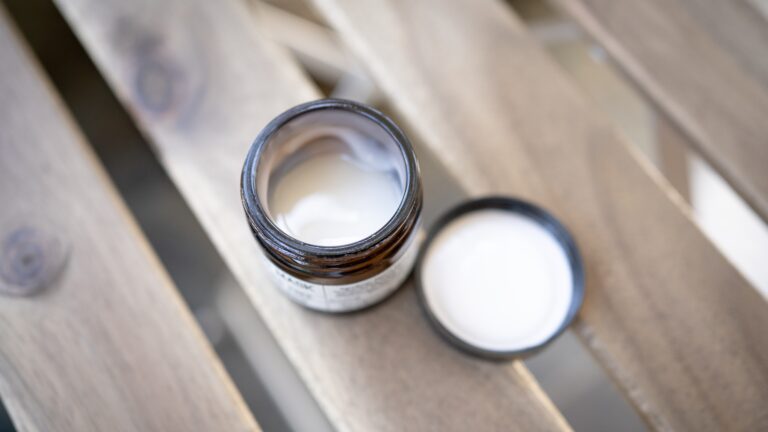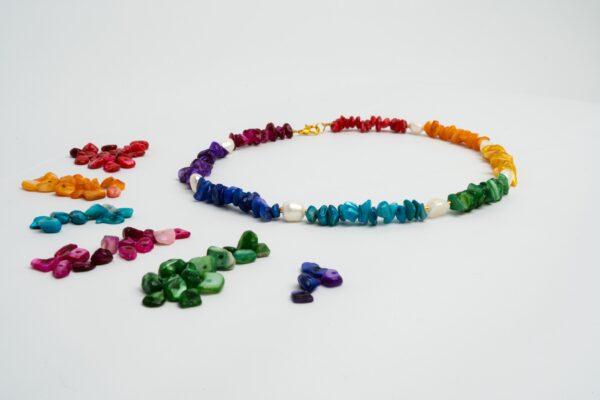It’s true that having happy, healthy skin requires effective skin care products and a healthy skincare routine. But, with so many skin care products, how can you know which ones are right for you and your skin care needs?
You’re not alone in this, so don’t worry. If you do your homework, you will be able to find anything from the finest face wash to the best cleanser for combination skin. But where to begin? Here we are! Here are some tips for you to consider before buying any skin care products:
Your Skin Type Matters a Lot
This is the most basic thing to consider when purchasing skin care products. If you’ve been using a product that just doesn’t work for you, chances are it’s not suited for your skin type and isn’t necessarily a poor product. Knowing what works best for you can help you achieve perfect and healthy skin.
Oily Skin
Excess sebum is what makes us have oily skin. However, there are ways to fight against this, by using Benzoyl Peroxide and alpha hyaluronic acid-containing treatments. They will help you deal with oily skiing, by providing the best skin hydration.
If you have oily skin, you should be aware of this before buying any skincare products. If you are looking for a moisturizer, or sunscreen you have to choose something light and non-comedogenic.
Dry Skin
Look for hydrating products containing shea butter and lactic acid if you have dry skin. You must look for skin care products containing these ingredients, in order to hydrate, and exfoliate dry skin in a gentle way. While keeping it fresh and beautiful.
Sensitive Skin
Look for products containing aloe vera, oats, and shea butter if you have sensitive skin. In order to deal with sensitive skin, you should stick to skin care products with these ingredients.
If you don’t know your skin type, a dermatologist can help you figure it out. You may begin selecting items with greater precision once you’ve discovered your skin type.
Three Basic Steps of Skin Care
Consider your skin-care routine to be comprised of three major steps:
- Clean your skin, and wash it
- Balancing the skin pH levels by using toning.
- Moisturizing is the process of hydrating and softening the skin.
The purpose of any skin-care program is to fine-tune your complexion so that it functions optimally, as well as to troubleshoot or target any areas you wish to focus on. Beauty regimens provide an opportunity to observe changes in oneself. As your skin’s requirements change with age, so will your products. Still, she emphasizes that it is not about achieving perfection. Allow these three actions to become a regular habit that fortifies your skin and roots you throughout the day.
Hype is Not Always the Best Option
Once you’ve determined your skin type, it’s critical to look for items that will assist you. In the world we live today it is easy to be easily persuaded by branding and celebrity endorsements of products. This is a marketing technique aimed at selling products to you. Instead, focus on your skin type, and choose the right skincare products for you.
When it comes to your skin, however, only the greatest will do, and this does not have to coincide with what is popular. Choose products that have components that will benefit your skin type.
One of the most important steps in choosing the right skin care products for you starts by reading the ingredient list. I know it is boring, but it must be done!
Read the Ingredients List
Once you’ve determined your skin type, look for skincare products that won’t aggravate existing issues. Like, for dry skin, you should avoid compounds that are drying on the skin. This isn’t to suggest that some long-winded ingredient lists don’t include high-quality formulae, but keeping the number of ingredients in your items to a minimum will ensure that you know and comprehend each one. Choose items with a brief list of ingredients wherever feasible. Limiting the number of components also reduces the chance of an adverse reaction to a specific substance.
Ingredients to Look For
Ingredients to use for glowing, healthy, looking skin:
- Ceramides and hyaluronic acid are incredibly important natural substances to moisturize your skin.
- Vitamin C, especially l-ascorbic acid, is an antioxidant that acts to counteract UV-induced damage and boost collagen formation.
- Retinol is an important element to look for, especially in skin care products to use during the night. It promotes the turnover of skin cells and the stimulation of collagen. It is also a great way of reducing the effects of oily skin while moisturizing it.
We already know what ingredients and components to look for. Now let’s talk about the ingredients you have to avoid.
Parabens, fragrance/perfume, formaldehyde, and sulfates are some of the ingredients you should avoid in your skin care.
Go for Non-Comedogenic
This word often occurs on product labels and is used by skin-care professionals, although it is not usually described in simple, plain terms. Here’s a basic rundown: If a product promises to be non-comedogenic, it indicates it won’t clog pores or cause acne by occluding the skin or irritating the hair follicle. The fewer components a product contains, the easier it is to identify whether or not it will produce any responses.
Take it Slow
Although skin-care technology has progressed substantially, there is still no such thing as an instant fix; you must give it time to work. To notice effects, use a product consistently for at least six weeks, once or twice daily. Apply any skin-care product in the order of thickness, starting with the thinnest and working your way up—cleanser, toner, serum, and moisturizer, for example.
Always Do a Patch Test
Perform a patch test before implementing any new product. On the inside of your forearm, test the product on a tiny patch of skin. If you have an allergic response, you will not have a red, flaky, puffy, or irritated face! If you’re still confused about a product, see your dermatologist. They will be able to help you in choosing the right skin products to prevent any skin conditions.
Consult Your Doctor
Who can give you better advice on skincare products than a medical professional? When it comes to having good skin, the first place you should go is to a trained dermatologist. Doctors not only understand your skin, but they also have significant product expertise and can give suggestions to get you started in the correct direction.
Make sure you dedicate some time and effort to researching all of the options available. Choose your skincare products carefully to make sure your skin always looks healthy.

I am a fashion enthusiast who loves to blog about the latest trends. I believe that fashion should be fun and accessible to everyone, by striving to provide my readers with the latest news and information about the fashion industry, as well as advice on how to style the latest trends.






![Do Earrings Make Your Ears Sag? [Explained]](https://clothesshowlondon.com/wp-content/uploads/2022/10/pexels-vitaly-13755908-600x400.jpg)

